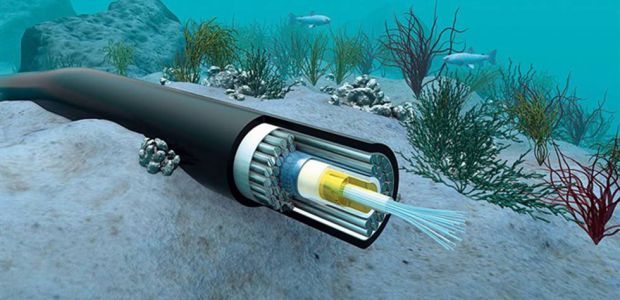A deadline set by RAE, Greece’s Regulatory Authority for Energy, for an agreement between IPTO, Greece’s power grid operator, and Euroasia Interconnector, both vying to secure control of the construction of Crete’s major interconnection, linking the island’s grid with Athens, has failed to bring the two sides closer together, energypress sources have informed.
RAE has pushed for IPTO and Euroasia Interconnector to establish a joint venture for the interconnection project based on the terms of a MoU signed by the two sides last October. The two sides are expected to go into a RAE meeting today without any signs of convergence.
The Euroasia Interconnector consortium, which insists it was formed to link the Greek, Cypriot and Israeli power grids via a Crete interconnection as an entire project, does not agree on the establishment of a special purpose vehicle (SPV) with IPTO for the project. Regulators and the European Commission see this as the only basis for negotiations leading to an agreement.
However, not all hope of an agreement has vanished. Today’s meeting could offer the two sides a final opportunity for an agreement. Klaus-Dieter Borchardt, Director of the European Commission’s Directorate-General for Energy, who was in Athens just days ago to inspect on energy-sector reforms and EU energy policy commitments leading to the European energy market’s unification, showed particular interest in the dispute and vowed to support efforts for a solution.
The Euroasia Interconnector project linking the Greek, Cypriot and Israeli power grids via Crete has been classified as an EU Project of Common Interest (PCI).
If no agreement is reached today, then RAE is expected to take the matter into its own hands, with European Commission support. The authority could stage a tender for the construction of Crete’s major interconnection, launch a tender for its financing, or award the project’s construction to IPTO, with a specific schedule intact.
The announcement of a tender would come as an unfavorable development for both IPTO and Euroasia Interconnector as more investors would probably seek involvement in the project, promising regulated and guaranteed earnings.
The MoU signed by IPTO and Euroasia Interconnector last October envisions a stake of at least 51 percent for IPTO in the project, 39 percent for Euroasia Interconnector, and 10 percent for private-sector investors. It also foresees the establishment of a special purpose vehicle (SPV) by the two firms to take on the project’s financing and development.
Euroasia Interconnector appears to be demanding equal powers for all technical matters and sub-contracts concerning the project.





